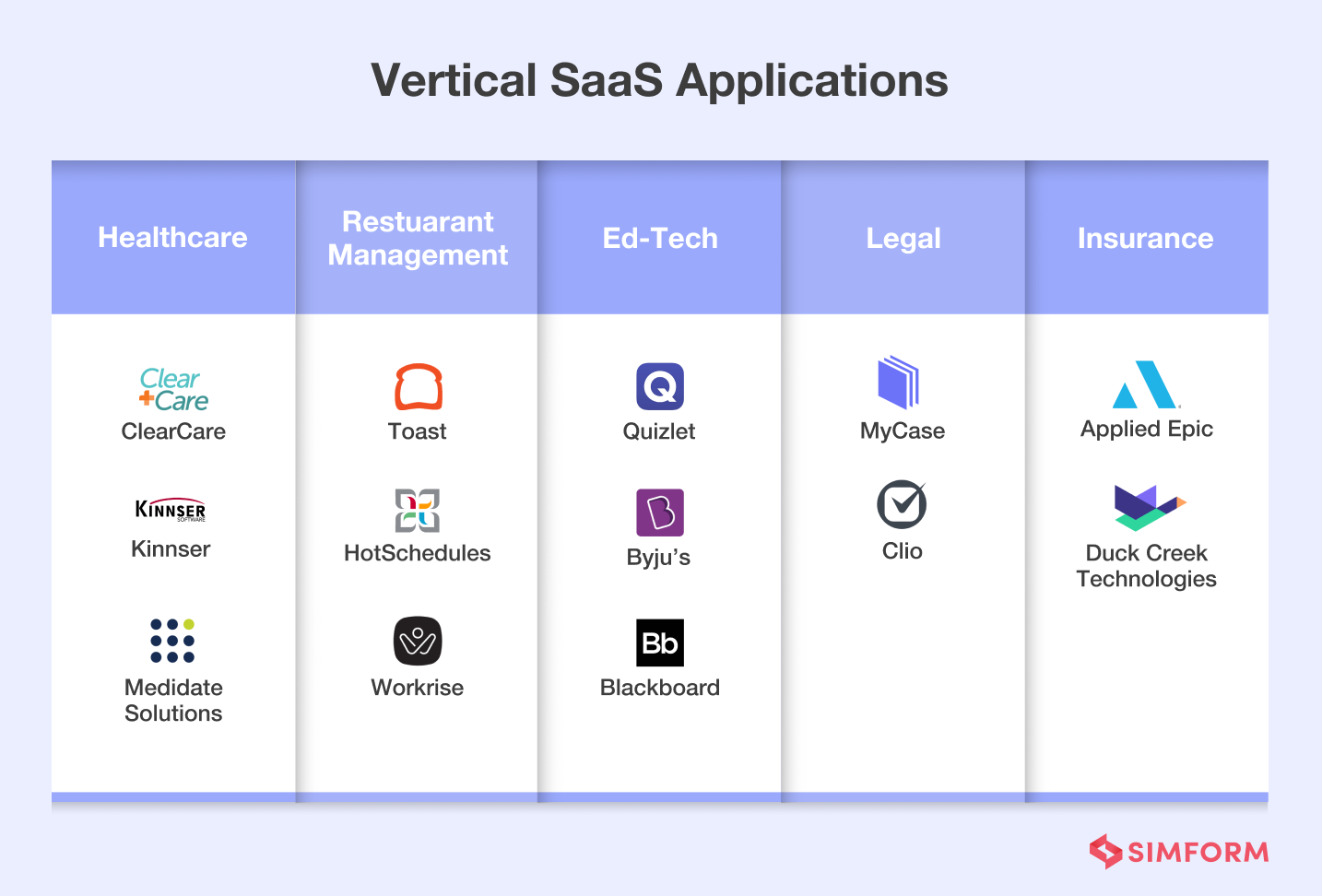
The Rise of Niche SaaS Solutions
The Software as a Service (SaaS) landscape has exploded in recent years, offering a seemingly endless array of software solutions for businesses of all sizes. However, a significant shift is underway: a move away from generic, one-size-fits-all platforms towards highly specialized, tailored solutions. This trend reflects a growing understanding that businesses thrive on efficiency and targeted functionality, not on juggling features they don’t need.
Understanding the “Tailored Tech” Phenomenon
“Tailored Tech” represents this movement towards niche SaaS. Instead of offering a broad suite of features, tailored SaaS providers focus on a specific industry, business function, or even a particular customer segment. This specialization allows them to deeply understand their target audience’s needs and build software that directly addresses those needs, leading to greater user satisfaction and ultimately, better business outcomes.

The Benefits of Specialization for SaaS Providers
For SaaS providers, specialization offers several key advantages. Firstly, it allows for more effective marketing and sales. Targeting a specific niche allows for precise messaging and reduces wasted resources on reaching irrelevant audiences. Secondly, it simplifies product development, focusing resources on building features that directly benefit their target users. This leads to faster iteration cycles and improved product-market fit.
The Benefits of Specialization for Businesses
Businesses also reap significant benefits from using tailored SaaS solutions. The primary advantage is increased efficiency. Niche SaaS products often integrate seamlessly with existing workflows and provide exactly the tools needed for specific tasks, eliminating unnecessary complexities and streamlining processes. Furthermore, tailored solutions often boast superior customer support, as providers have a deep understanding of their users’ unique challenges.
Examples of Tailored Tech in Action
Consider the healthcare industry. Generic CRM software might be insufficient for a medical practice, which needs features specifically designed for patient management, appointment scheduling, and HIPAA compliance. A tailored SaaS solution focused solely on healthcare practices would offer precisely these features, along with specialized support, making it a far more effective tool than a generic alternative. Similarly, tailored solutions exist for real estate, education, manufacturing, and countless other industries, each designed to address the unique needs of that specific sector.
The Challenges of Tailored Tech
While the benefits are clear, developing and maintaining tailored SaaS solutions presents unique challenges. Reaching a sufficiently large target audience within a niche market requires strategic marketing and a solid understanding of market dynamics. Moreover, the smaller market size may limit revenue potential compared to broader, more general SaaS solutions. This necessitates careful planning and precise resource allocation.
The Future of SaaS: More Tailored, More Effective
The trend towards tailored tech in SaaS is not a fleeting fad; it’s a fundamental shift in how software is developed and delivered. As businesses become increasingly data-driven and focus on optimizing their workflows, the demand for specialized, efficient SaaS solutions will only continue to grow. The future of SaaS is not about building the biggest, most feature-rich platform, but about building the most effective and precisely tailored solutions for specific needs.
The Importance of Integration and APIs
For tailored SaaS solutions to truly shine, seamless integration with other business tools is crucial. A well-designed solution will incorporate robust APIs (Application Programming Interfaces) allowing for smooth data exchange with other software platforms. This interconnectedness enhances the value proposition of tailored solutions by preventing data silos and fostering a more holistic view of business operations.
The Role of AI and Machine Learning
Artificial intelligence and machine learning are playing an increasingly significant role in the development and deployment of tailored SaaS. AI can be used to analyze customer data and predict future needs, allowing providers to proactively enhance their solutions and personalize the user experience. This level of customization enhances user satisfaction and strengthens the value proposition of tailored SaaS offerings. Click here for examples of vertical SaaS.
